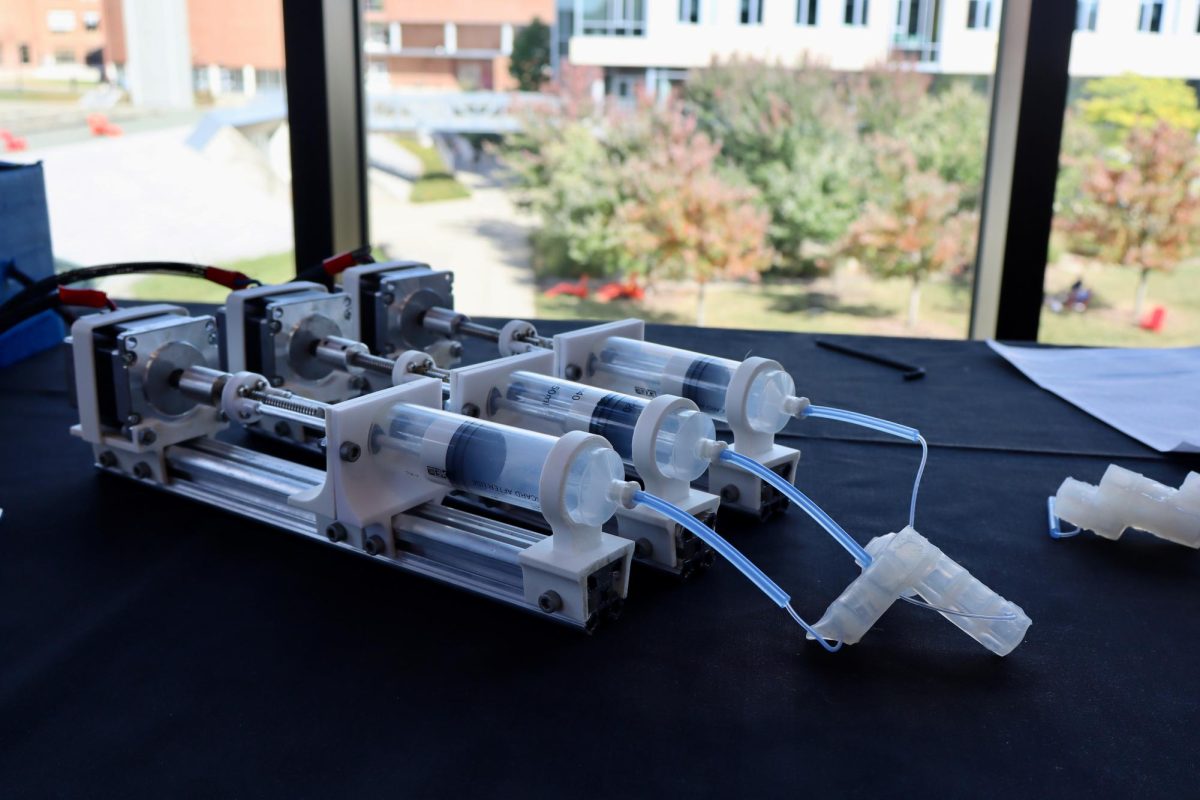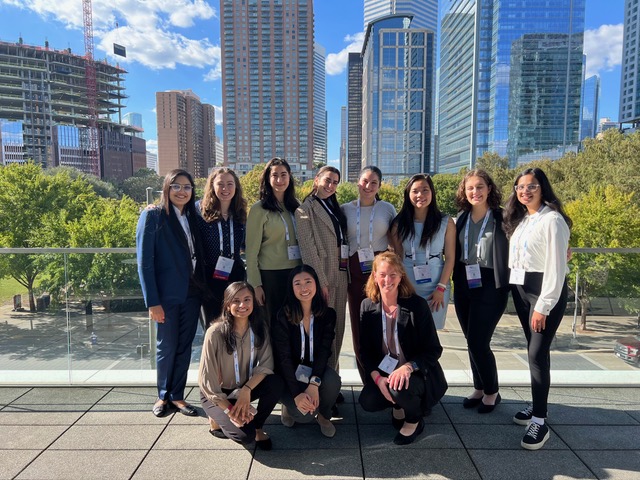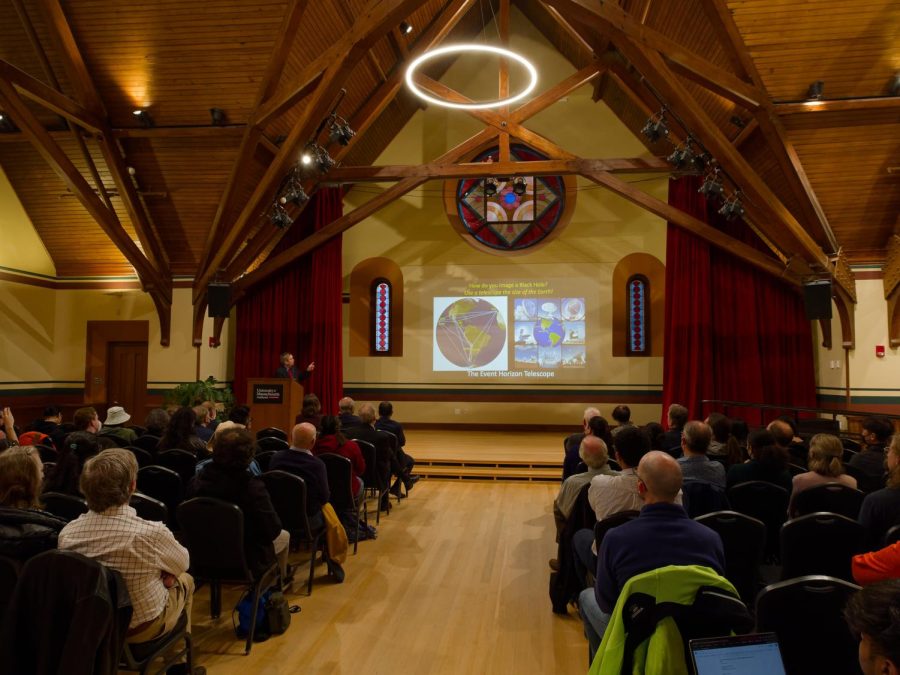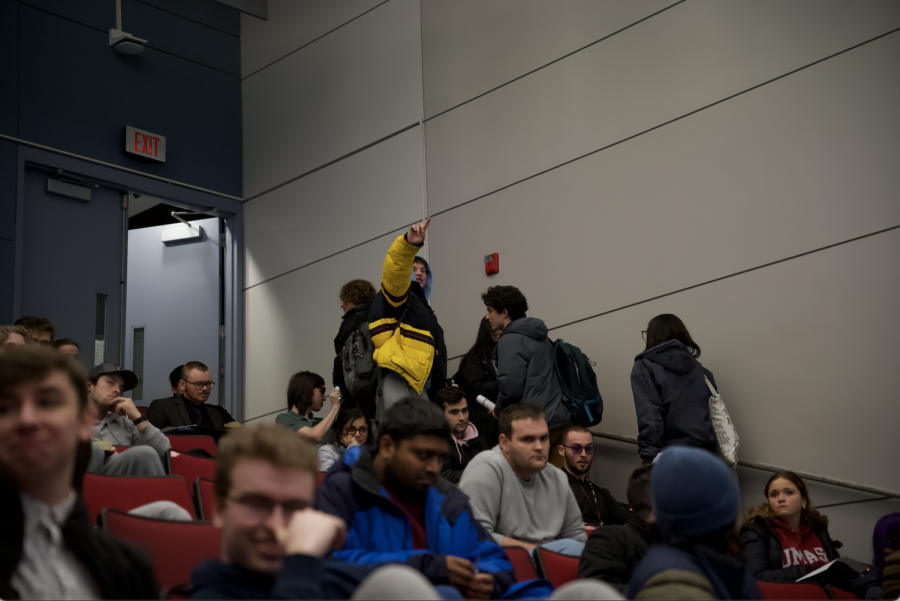
Experimenting with flour, salt and yeast, cyber security expert Kevin Fu of the Computer Science Department at University of Massachusetts spends a good deal of time baking up bread.
Fu says that spending time in the kitchen, baking artisanal bread, “helps to keep his creative juices flowing and gives him a great environment in which to mull over thorny research problems.”
He will be speaking in Hong Kong on how hobbies, such as baking, are interrelated with scientific topics. In front of 800 high school and college students Fu will speak at the 2010 “Make a Difference” conference. His speech, entitled “Cooking Up Scientific Discovery”, organizers believe will help the young audience “get inspired by change makers from around the world” as well as, “be empowered through workshops and challenges.” He might even bake bread on stage.
Fu is an assistant professor of Computer Science and in 2009 was honored as Technology Review magazine’s Innovator of the Year. He is one of the youngest cyber security researchers in the field.
The professor’s love of bread began years ago. After a discussion over lunch with a co-worker Fu said he decided to try baking, “When I was a graduate student at MIT, I once boasted about having made a sandwich from scratch. A colleague retorted, ‘But did you make the bread?’ Because of the challenge, I began baking my own artisanal breads and enrolled in short courses at the Culinary Institute of America and the French Culinary Institute.”
He links his work with technology and his culinary skills through video guides.
“I created time-lapsed videos of bread fermentation to appreciate time scales,” Fu said. I made identical batches of bread with subtle differences in technique for comparative analysis. I planted a small wheat field to better understand how something as simple as break relies on layers of abstraction and know how.”
Specializing in research to enhance privacy and security for such devices as contactless credit cards and implantable medical aids, including wireless pacemakers, Fu has been a member of the UMass faculty since 2005. In 2008, his team of researchers showed the security community that devices, including implantable cardiac defibrillators, were vulnerable. As a result, they started to design new zero-power technology, which allows the technology to work without draining the medical aid’s batteries. These chips have already been tested to make the devices more protected. Fu’s lab of Security and Privacy Research remains studying privacy and security faults of medical devices.
As for how his research is guided, Fu said, “My security research is guided by thinking deeply about simple things that society often unknowingly takes for granted. Before my journey into bread making, my research philosophy was only half-baked,”
Michelle Williams can be reached at [email protected]


















